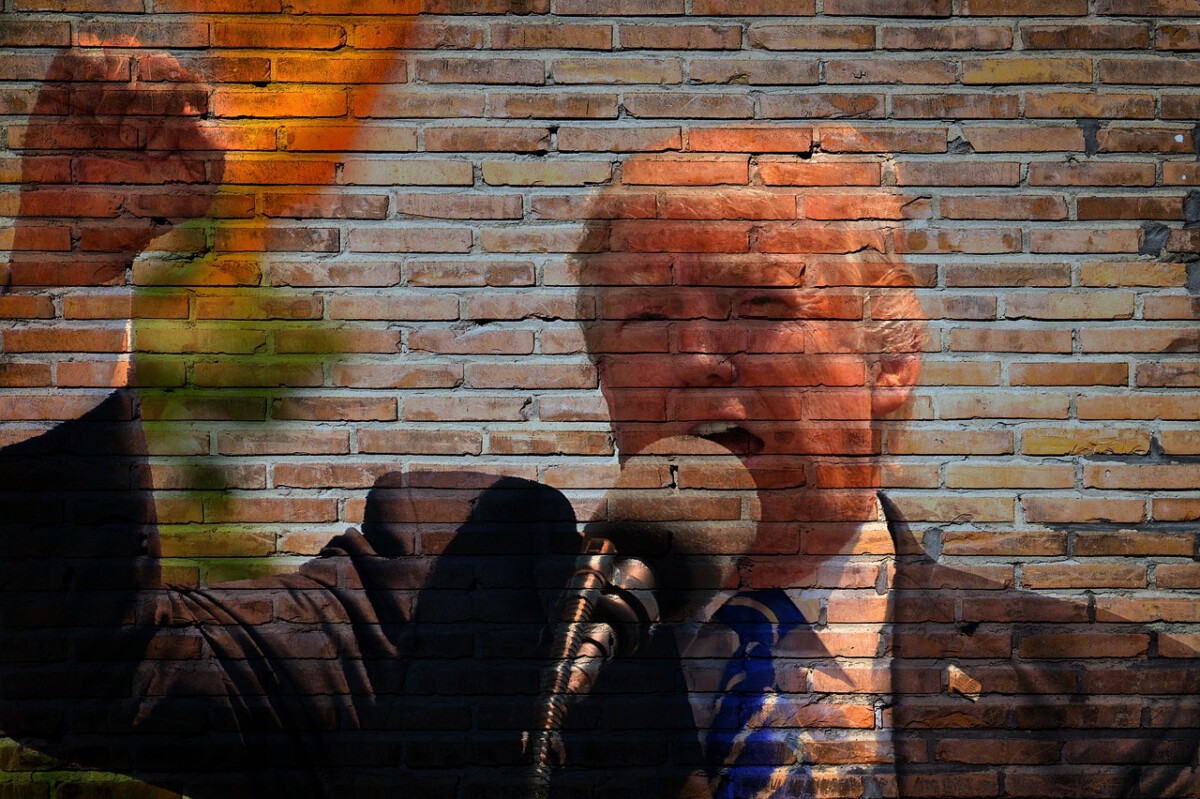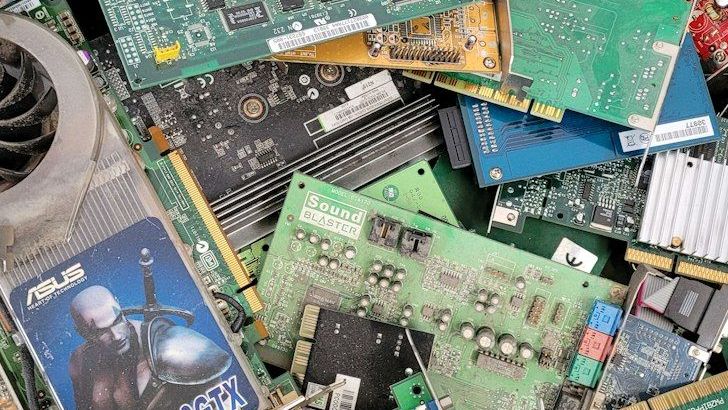
Why This Appeal Could Change Everything (Image Credits: Pixabay)
New York – Tension hangs thick in the air as legal papers fly across court desks, marking another chapter in a saga that’s gripped the nation.
Why This Appeal Could Change Everything
Picture this: a former president, now back in the White House, refusing to let a felony label stick. Donald Trump just filed his formal appeal against those 34 counts of falsifying business records from the hush money trial. It’s not just paperwork; it’s a direct challenge to the entire process that led to his conviction last year.
At its core, the appeal claims the trial was riddled with errors, from biased rulings to improper evidence. Trump argues these flaws tainted the verdict, and overturning it would restore his record. Legal watchers say this move keeps the pressure on, especially now that he’s in office again.
Success here isn’t guaranteed, but it could set precedents for how political figures navigate the courts. The stakes feel sky-high, blending law with raw politics.
Trump’s Sharp Words for the Trial Judge
Right out of the gate, Trump’s team zeros in on Judge Juan Merchan, calling his decisions unfair and one-sided. They point to rulings that limited defense arguments and allowed what they see as prejudicial testimony. It’s a bold accusation, painting the courtroom as stacked against the defendant from day one.
Trump himself has ramped up the rhetoric, labeling the judge as overly harsh and politically motivated. In public statements, he’s suggested Merchan’s approach ignored basic fairness. This isn’t new; Trump criticized the judge throughout the trial, but the appeal formalizes it into legal ammunition.
Critics of the appeal counter that judges have wide discretion, and Merchan followed the rules. Still, these claims could sway higher courts if they highlight real bias.
The Double Standard Twist Involving Alvin Bragg
Here’s where it gets juicy: Trump’s lawyers argue Manhattan DA Alvin Bragg would have lost it if the tables turned. Imagine a Democrat in the hot seat with similar evidence challenges – they say Bragg’s office would cry foul louder than anyone. It’s a hypocrisy charge meant to underscore selective prosecution.
This reverse-scenario point isn’t just talk; it’s woven into the appeal brief, suggesting the case was driven by politics, not justice. Trump’s side claims the DA’s team pushed boundaries they’d decry in other cases, like election interference probes against opponents.
Bragg’s response so far? Silence on the specifics, but his office stands by the conviction as airtight. This angle could resonate in appeals courts wary of partisan taint.
Key Arguments Breaking Down the Appeal
The filing lays out several pillars for reversal, each chipping away at the trial’s foundation. First, there’s the immunity angle from recent Supreme Court rulings – Trump’s team says official acts got unfairly tangled in the evidence.
Second, they challenge the jury instructions, arguing they confused jurors on the law. Third, venue issues pop up, with calls to shift it to federal court for a cleaner look.
- Biased judicial rulings limited key defenses.
- Prosecutors overreached on evidence admissibility.
- Political motivations undermined impartiality.
- Potential for harmless error doesn’t hold up against the flaws.
- Broader constitutional violations demand dismissal.
These points build a case for not just reversal, but outright dismissal. It’s comprehensive, aiming to leave no stone unturned.
What Legal Experts Are Saying Now
From the sidelines, analysts see this appeal as a long shot but not impossible. Some point to the novelty of the charges – elevating misdemeanors to felonies via election law ties – as a weak spot. Others note how presidential immunity decisions could retroactively help Trump.
Yet, supporters of the verdict argue the evidence was overwhelming: checks, ledgers, testimony all pointing to a cover-up. The appeal might drag on, but it keeps the story alive in headlines.
One thing’s clear: this isn’t fading quietly. With Trump in power, federal levers could influence outcomes, adding layers of intrigue.
Looking Ahead: Roadblocks and Possibilities
The next stop is New York’s appellate court, where arguments could unfold over months. If it bounces back down, federal appeals loom as a backup plan. Trump’s team is pushing hard for that shift, betting on a friendlier venue.
Complications arise from his current role; does executive privilege shield more? It’s uncharted territory, but the appeal thrives on those uncertainties.
Whatever happens, this fight highlights deep divides in how America handles high-stakes trials. It might not erase the felonies overnight, but it’s stirring the pot big time.
| Appeal Angle | Trump’s Claim | Counterpoint |
|---|---|---|
| Judge Bias | Rulings favored prosecution | Standard judicial discretion |
| Evidence Use | Violated immunity rules | Irrelevant to core charges |
| Prosecutor Motive | Politically driven double standard | Based on solid facts |
Key Takeaways:
- The appeal targets core trial flaws for potential full reversal.
- Judge and DA criticisms aim to prove unfairness.
- Outcomes could reshape political prosecutions nationwide.
In the end, this appeal isn’t just about clearing a name; it’s a battle for narrative control in a polarized world. Trump’s pushback reminds us how personal justice can feel when the spotlight’s this intense. What do you think – will the courts side with him, or stand firm? Share your thoughts in the comments.





